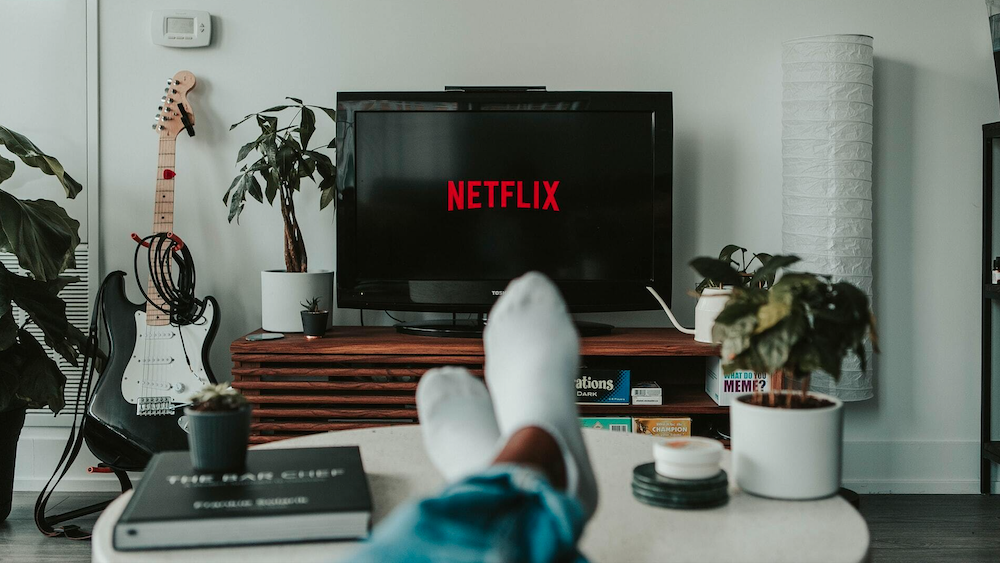If you’re interested in sharing your opinion on any cultural, political or personal topic, create an account here and check out our how-to post to learn more.
____
Let’s talk about Netflix. It goes without saying that Netflix has made some questionable casting, cancellation and renewal choices in the past. From cancelling The Get Down and Sense8, renewing Riverdale (because, what was the original plot?) and the recent casting choices for Fate: The Winx Club Saga. When the trailer for the Winx Club released, many fans were expecting a fun, fashionable and quirky take on the Nickelodeon children series. Instead, viewers were met with a dark, twisted and whitewashed version of the beloved show.
Television watchers have always had a love-hate relationship with Netflix. The streaming service has produced quality work like Blood & Water, Dear White People and Black Mirror. Although inconsistently, they have showcased strong Black talent and work featuring and by people of colour. Netflix is capable of delivering quality content because it has in the past, they’ve pleased fans with shows that have swept awards and are critically acclaimed. However, Netflix has made a lot of people mad in 2020 alone. Particularly the unnecessary over-sexualisation of teenagers in their original shows and the whitewashing of beloved characters in their remakes.
Earlier this year it was announced that Nickelodeon series, Avatar the Last Airbender would be remade and produced for Netflix audiences. Fans were ecstatic when they learned that the original show creators Michael Dante DiMartino and Bryan Konietzko would be involved in retelling the tale of the boy in the iceberg. Unfortunately, like most things in 2020, the feeling of joy was short-lived. The original show creators pulled out after Netflix insisted that they open the casting to white people for some of the major roles and make the characters older. This became a point of contention for several reasons. DiMartino and Konietzko insisted that no white actors be considered for roles after regretting having white actors do the voice acting for the original animation. They planned on rectifying a mistake from the original production. The second problem which ties into the current trend in television is the overt sexualisation of teenagers. Netflix wanted to age up the cast so that there could be themes of sex, romance and lust, this appeared to be the final straw that made DiMartino and Konietzko leave the production.
There is this current assumption among showrunners where they believe teen and young adult viewers want darker and more sinister versions of their beloved shows. A twist that takes away the innocents that drew its popularity, when in fact, it’s the opposite. When the trailer for Fate: Winx Club Saga premiered, fans were devastated to find their childhood, favourites looked far from the original. Part of what made Winx Club popular was its chic style and glamorous cartoon characters that attracted the attention of viewers and kept it on the air for over 10 years. Onlookers were also disappointed to see the cast had been watered down, for whatever reason. Musa who is Asian in the original animation is now played by Elisha Applebum and Flora (now Terra) who is Latinx in the original is played by Eliot Salt, two white actresses replacing POC characters.
Pointing out Netflix’s repeated failure to accurately represent POC characters on screen is not a new conversation — it’s old and tired. It is especially evident and problematic with female characters. BIPOC women are rarely the main love interest or even the full-rounded side character that has a personality outside of their white counterpart. This makes it even more damaging to substitute them with a white actress, just adding salt to the wound.
Representation is critical to the entertainment industry and everywhere else. Black and POC characters deserve to have their stories told with dignity. They should not be replaced by white actors because they’re convinced it’ll sell better. This notion has been proven wrong.
It’s also important to talk about how Netflix repeatedly contributes and encourages the overt sexualisation and trauma porn of teenagers on screen. From shows like Riverdale and the Chilling Adventures of Sabrina, teenagers played by actors in their 20s center their lives around sex in between class time. It’s near impossible to find a show on Netflix starring Black and POC characters just having fun, living normal teenage lives and looking stylish. Call it racism or the west’s obsession with compulsively horny teens, either way, young people deserve better.

